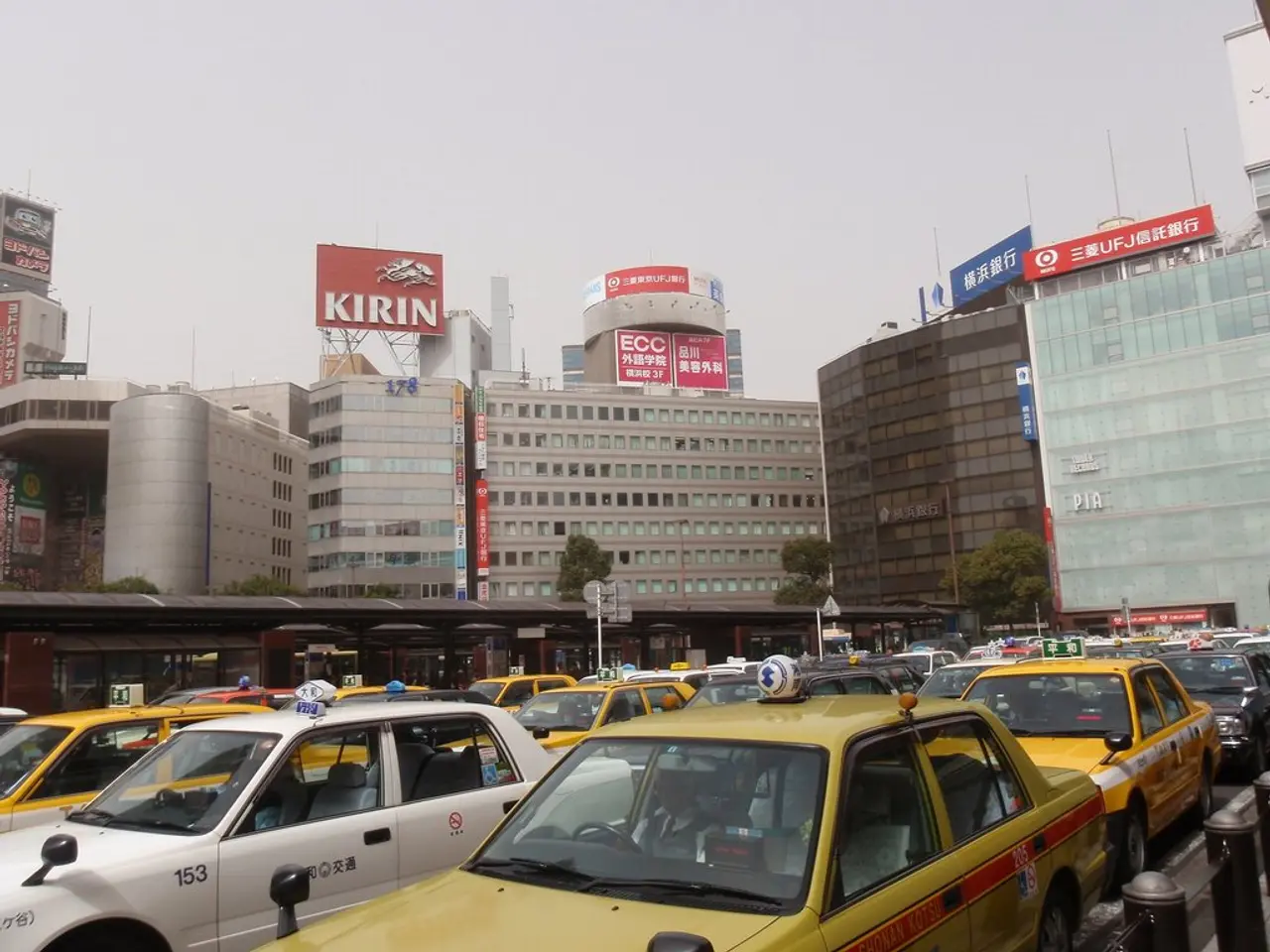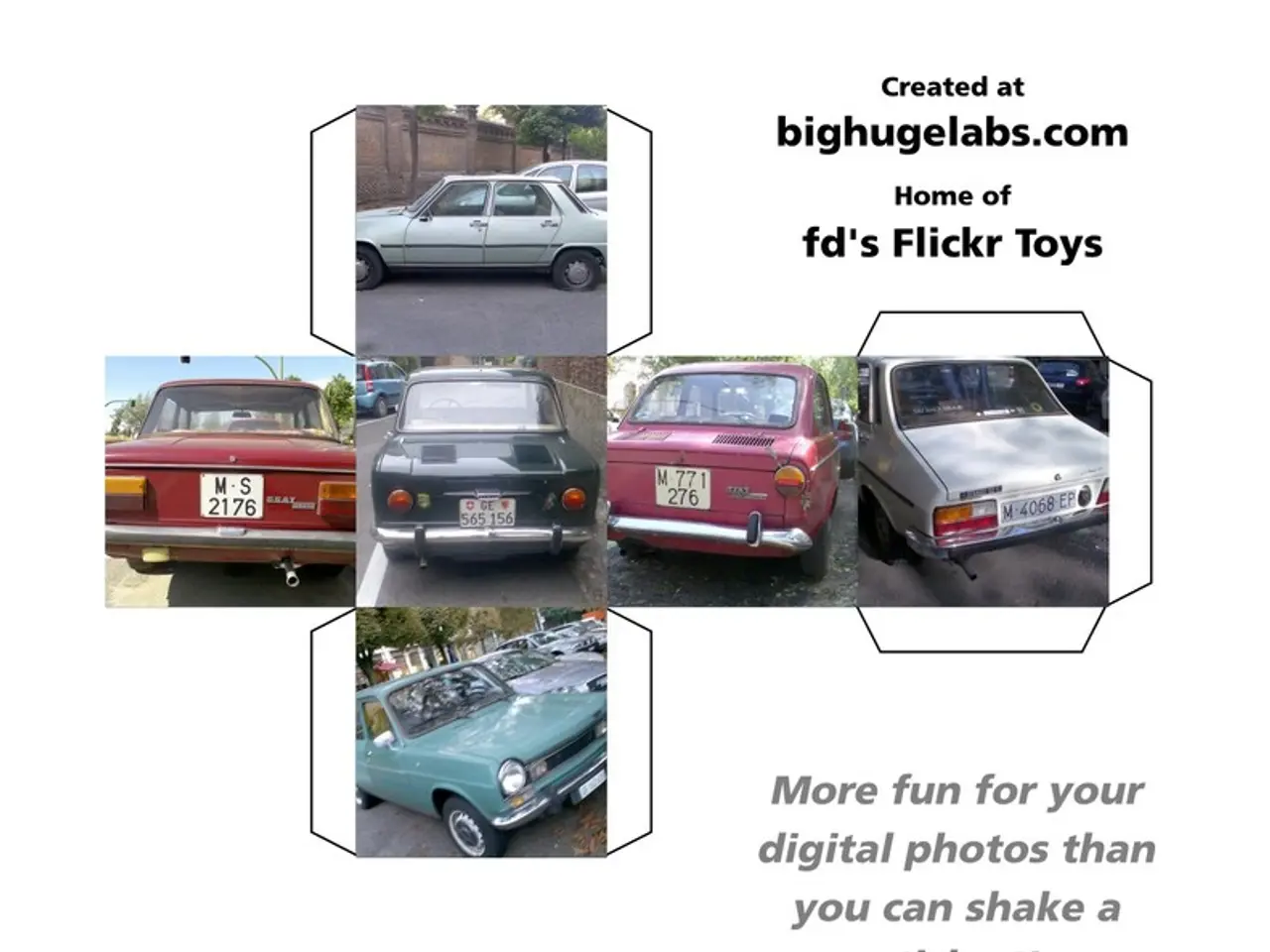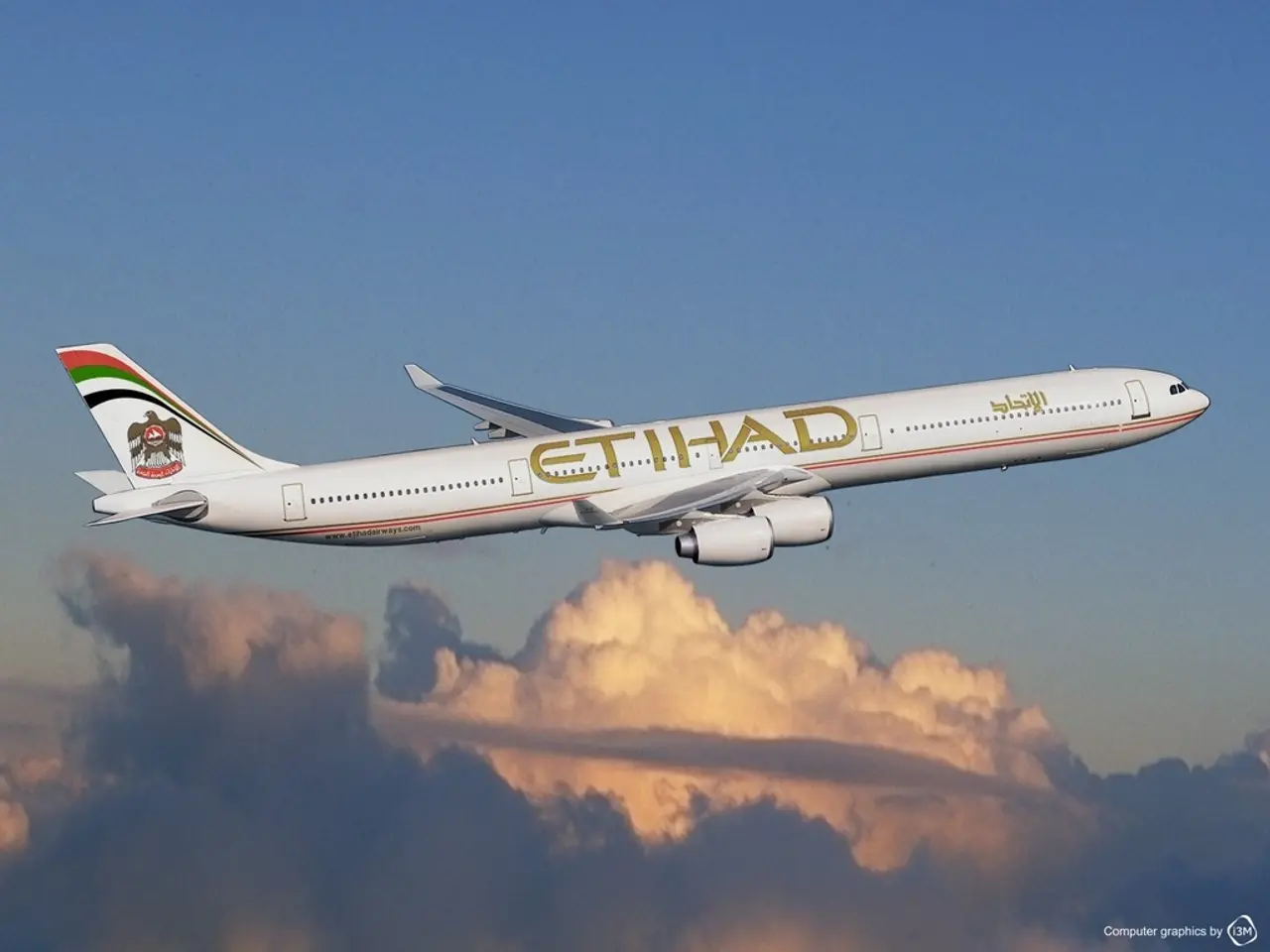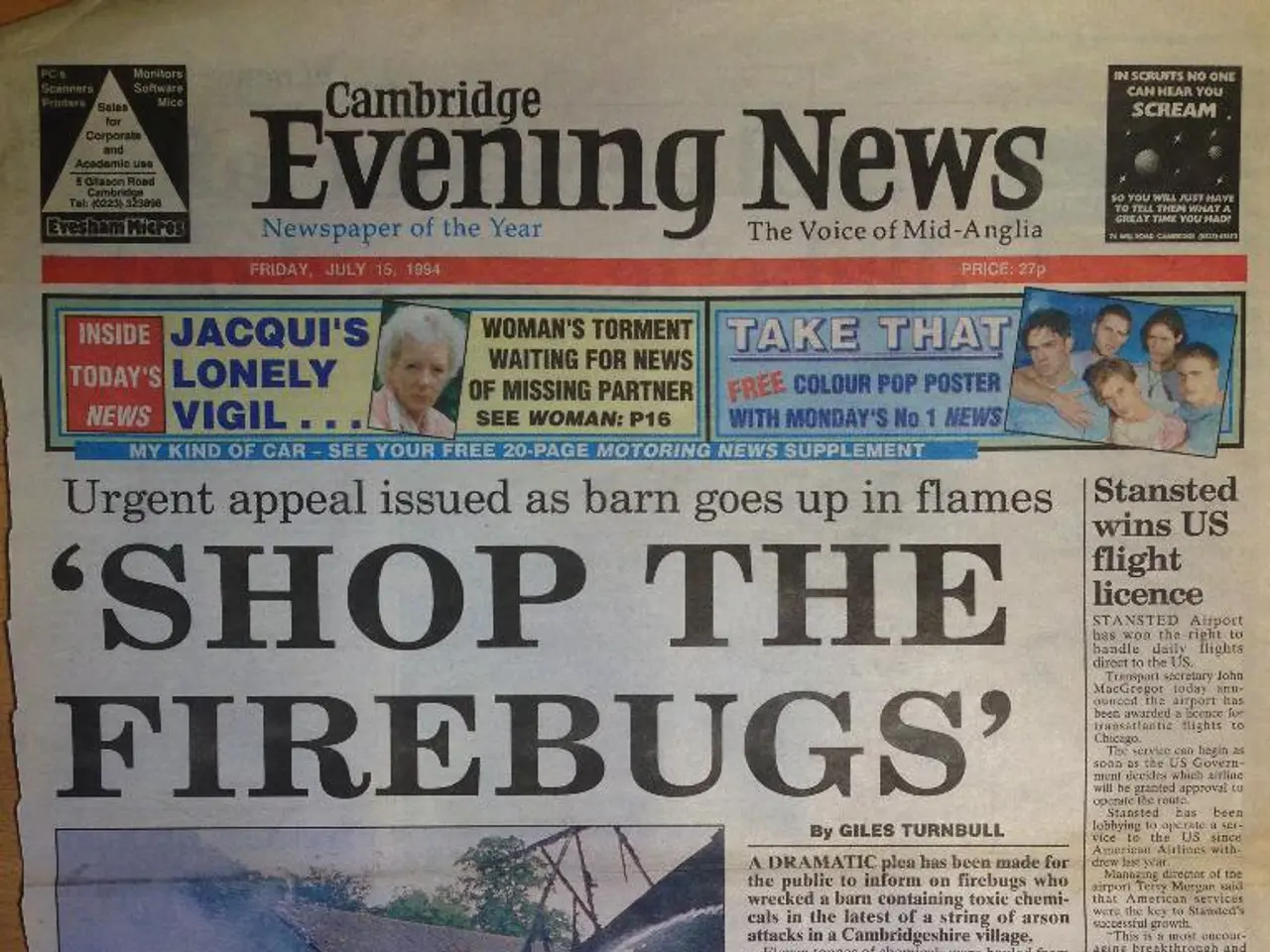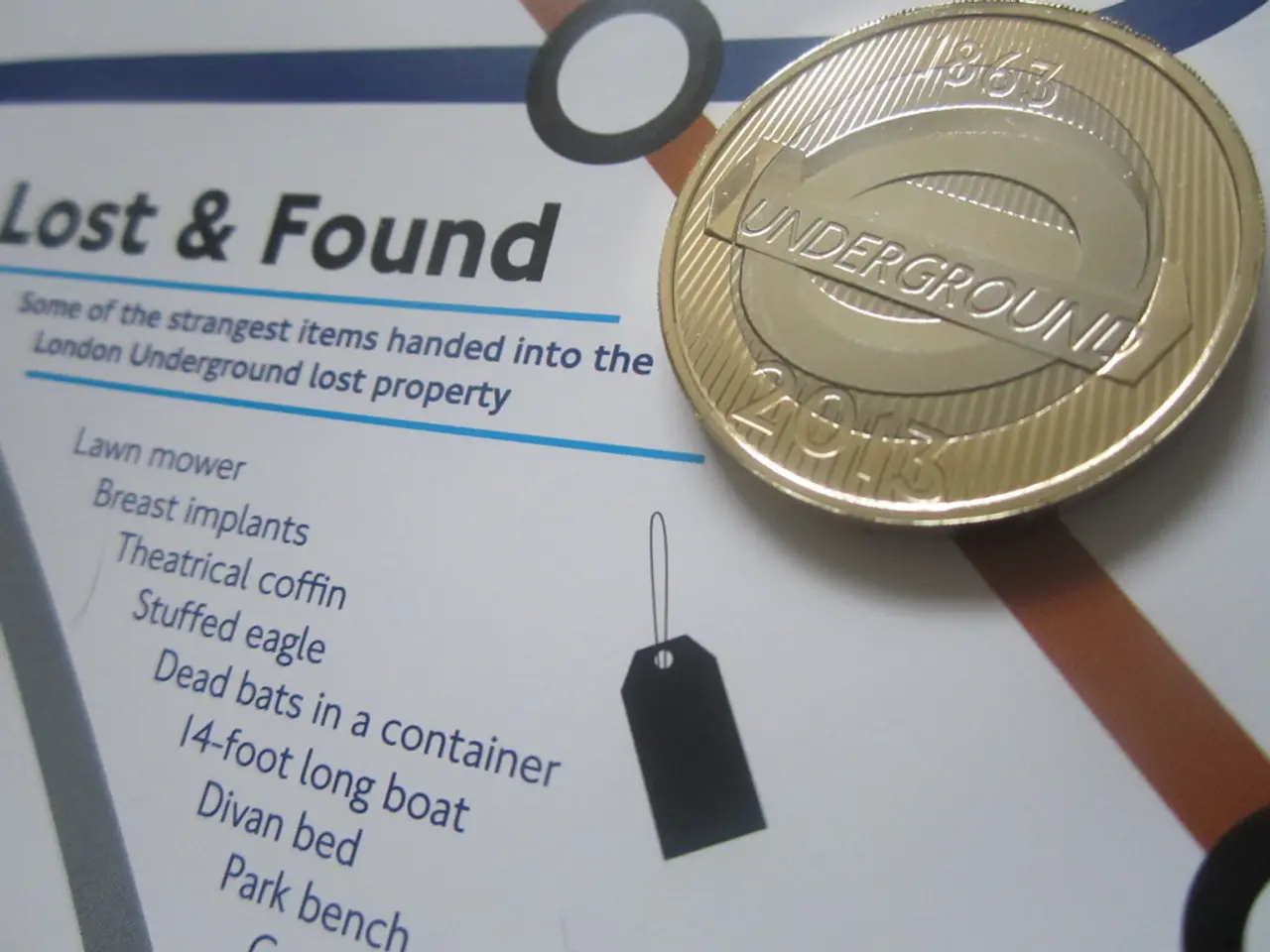Transport policy imbalance met with caution by FDP Saarbrücken: 'Alternatives, not bans, should drive transportation transformation'
In the heart of Saarland's state capital, the Free Democratic Party (FDP) city council faction is pushing for a revival of discussions about a practical transport transformation, aiming to benefit the city's citizens and maintain Saarbrücken's economic attractiveness.
The FDP's focus is on improving public local transport before imposing restrictions on individual traffic. Dr. Helmut Isringhaus, the faction leader and spokesperson on transport policy, argues that making mobility more expensive and driving cars out of Saarbrücken could have serious consequences for the city.
Isringhaus criticises the ongoing "war against the car" in Saarbrücken, stating that it is counterproductive. He advocates for 30 km/h zones only where it makes sense, not blanket coverage, and demands no removal of parking spaces but an expansion of the offer, including intelligent parking concepts.
The FDP also calls for more frequent services, a better offer, and higher quality public local transport. They believe that removing parking spaces and expanding 30 km/h zones without creating real alternatives does not constitute a transport turnaround.
Saarbrücken, being a regional hub, is strongly dependent on its surroundings. Isringhaus warns that making the city less accessible through reduced parking options and blanket speed limits is "irresponsible." He expresses concerns about a traffic policy focusing on restrictions without providing viable alternatives.
The FDP's stance on traffic and climate policy in Saarbrücken is rooted in pragmatism and a balance between environmental goals, economic growth, and individual mobility. They advocate for innovation, such as electric mobility and digital infrastructure, and support measures that do not overly restrict private car use.
For more detailed and up-to-date information about the FDP’s specific position on traffic and climate policy in Saarbrücken, including particular demands for a transport turnaround, it would be necessary to consult the FDP Saarbrücken’s official communications, recent local party manifestos, or local government proposals.
Dr. Isringhaus emphasises the need for a modern, climate-friendly mobility with reason, not ideologically motivated bans. As Saarbrücken lives off its surroundings, the city could suffer from reduced accessibility and convenient parking, as seen with the outlet center in Zweibrücken, if the current measures continue unchecked.
- The FDP city council faction in Saarland's state capital is promoting a transport transformation focused on enhancing public local transport, which they believe is crucial before introducing traffic restrictions.
- The FDP believes that making mobility more expensive or driving cars out of Saarbrücken could potentially harm the city, and they critique a "war against the car" in the city as counterproductive.
- Isringhaus argues for sensible application of 30 km/h zones, an expansion of parking spaces, and the improvement of public local transport services, rather than removal of parking spaces and blanketing the city with speed limits.
- The FDP advocates for a balance between environmental goals, economic growth, and individual mobility in Saarbrücken's traffic and climate policy, supporting innovation like electric mobility and digital infrastructure, while being cautious about measures that overly restrict private car use.
